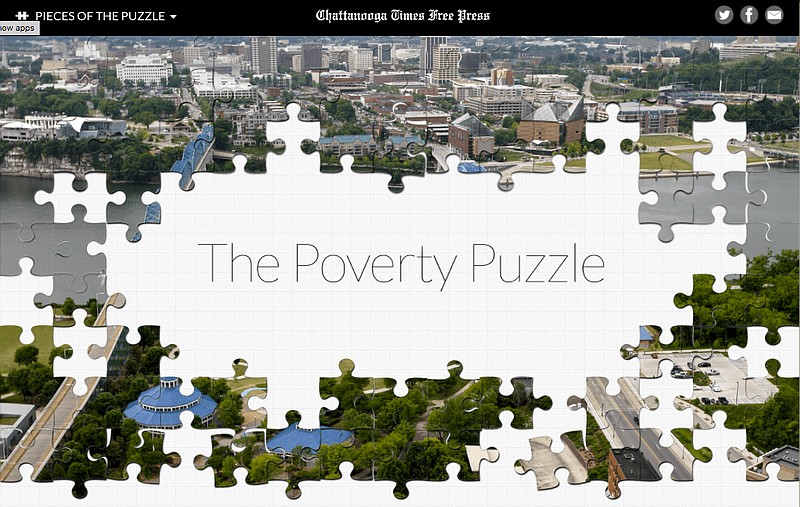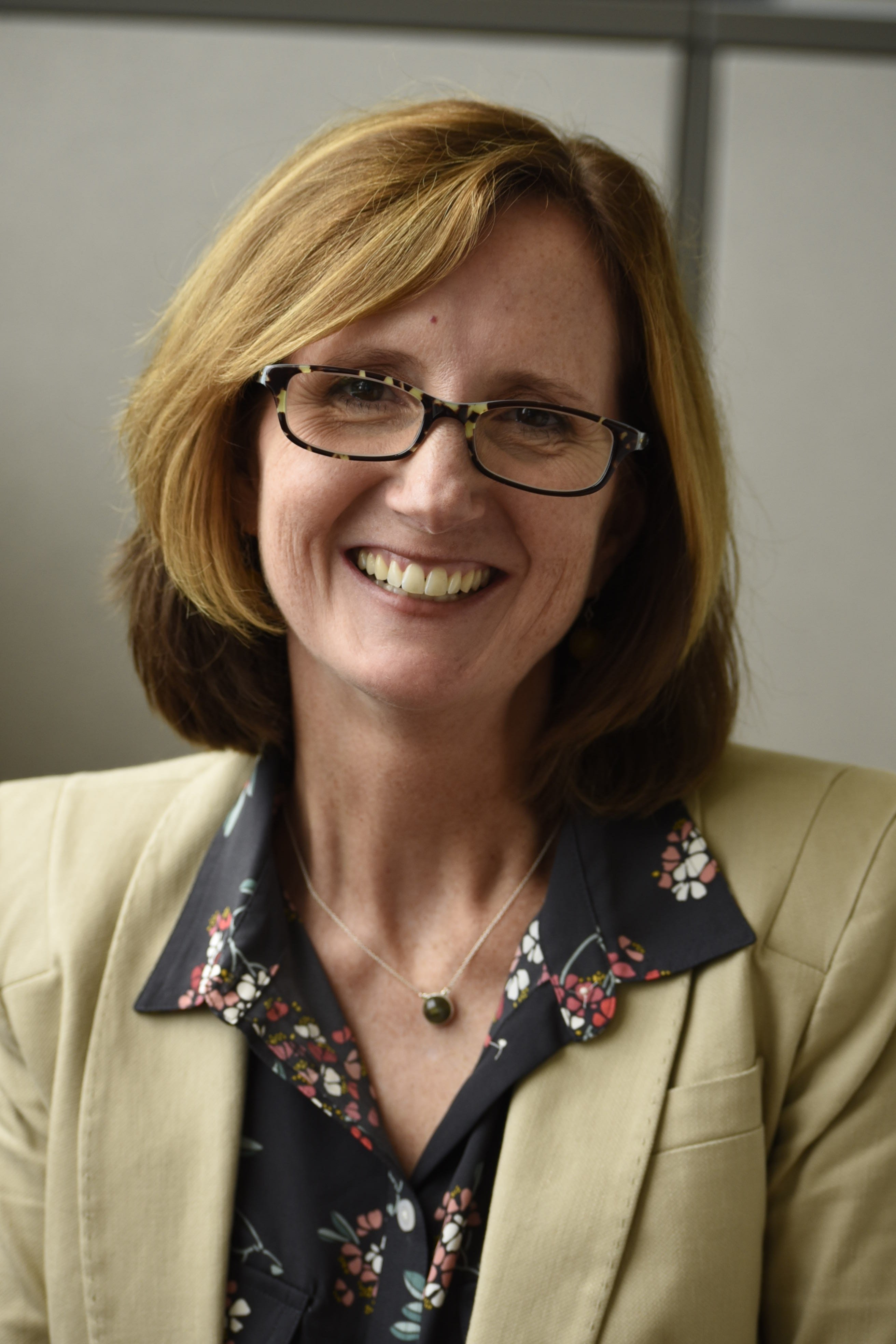Journalism's top prizes were awarded Monday, and among the winners was "The Panama Papers," a series of stories that used 300 reporters on six continents to expose the hidden infrastructure of offshore tax havens.
In the same Pulitzer Prize category, explanatory reporting, the Times Free Press was a finalist for "The Poverty Puzzle," an eight-part series examining how the numbers of Chattanooga's poor and near poor have risen.
Then on Tuesday, the United Way of Greater Chattanooga presented the newspaper with a 2017 advocacy award for its work on the poverty series.
We were honored to get a nod for our work on the national stage, but what excites us more is being recognized at home. Nothing is more gratifying than finding out we are producing work that is relevant to our community, brings people together and leads to a deeper understanding of issues that affect us all.
After we published the series, in March 2016, we received an enormous and unprecedented response from readers.
"I found that each article was a bit like sitting neck-deep in a tub of ice - simultaneously numbing and painful," one reader wrote to us. "You reported some things that I had heard before, if only anecdotally. You, however, supported your statements with incontestable data and illustrated them with a wide array of real people and their circumstances. The effect was uniquely powerful."
As a newspaper, it's part of our mission to cover those who have no voice, the people in our community who are marginalized. Our poverty project did just that. It focused on the growing number of residents who don't share in the city's success.
We thought this was an important topic, but weren't sure if people would want to read about it. Poverty is a long-debated, age-old problem. A whole project about poverty seemed almost trite. And poverty is a highly politicized and divisive issue.
So we focused the project on not just the problem, but ways to reverse it. We consulted the New York-based Solutions Journalism Network on how to report on this issue in a manner that focuses on verified solutions to a huge societal problem. So while the stories offered hard and sobering truths and showed how all levels of society are complicit in perpetuating poverty, they also pointed to hope.
Reporter Kendi A. Rainwater's work on education is just another example of local journalism that has an impact.
Rainwater, who covers education for the Times Free Press, was named Tennessee's Journalist of the Year in the state's annual Associated Press contest.
In 2016, Rainwater showed her range and strength as a reporter. On her beat, she covered breaking news such as the Woodmore Elementary School bus crash and the Ooltewah High School rape, but she also covered the local politics of education and did education stories that relied on data-heavy research.
The Times Free Press received six other first-place awards in the AP contest, for sports and business coverage; editorials; deadline reporting; multimedia and video.
"Our community is a better place for your work," a reader told Rainwater on Twitter.
Another reader, in an email last week about "The Poverty Puzzle," stated: "Should I say that Chattanooga readers had already cited the article as 'Pulitzer quality' before the announcement?"
The reaction of readers and action in the community is what truly validates our work. Thank you for reading.
Alison Gerber is the editor of the Chattanooga Times Free Press. Reach her at agerber@timesfreepress.com, 423-757-6408 or @aligerb on Twitter.


